Joe Biden’s envoys throw support behind Anthony Albanese’s missile manufacturing plan in AUSMIN talks
The Biden administration will become an active partner in Australia’s guided weapons manufacturing plan, under a landmark agreement to produce missiles in Australia for American forces.
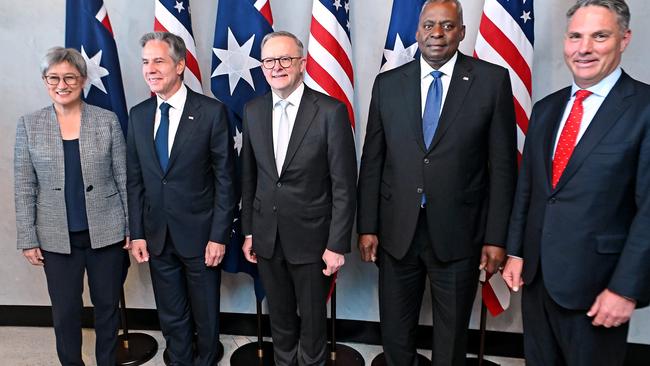
The Biden administration will become an active partner in Australia’s guided weapons manufacturing plan, under a landmark agreement to expand the US military industrial base to produce missiles in Australia for American forces.
The breakthrough will be unveiled following AUSMIN talks in Brisbane on Saturday, together with new plans to strengthen military collaboration in space, step up the rotations of US forces through Australia, and upgrade the nation’s northern air bases for use by both countries.
The initiatives were negotiated by Defence Minister Richard Marles and US Defence Secretary Lloyd Austin in a nearly two-hour bilateral meeting on Friday that focused heavily on “breaking down barriers” to closer defence industry co-operation.
The counterparts shared concerns over China’s rising regional influence, resolved to ramp up joint military co-operation with Japan, and discussed the need to strengthen defence ties with other regional partners such as The Philippines and South Korea.
Mr Austin also reassured Mr Marles over the nations’ AUKUS pact amid demands by congressional Republicans for a more than 100 per cent increase in US submarine production in return for allowing transfer of nuclear-powered subs to Australia.
Under the strengthened missiles partnership, the US will help to accelerate establishment of Australia’s Guided Weapons and Explosive Ordinance enterprise to overcome capacity constraints at its own weapons plants, which have struggled to keep up with demand arising from the Ukraine conflict.
It is understood Mr Austin also pledged to plough through blockages in the US system preventing the transfer of sensitive military technology to Australia, which will be essential for the AUKUS and the missiles partnerships.
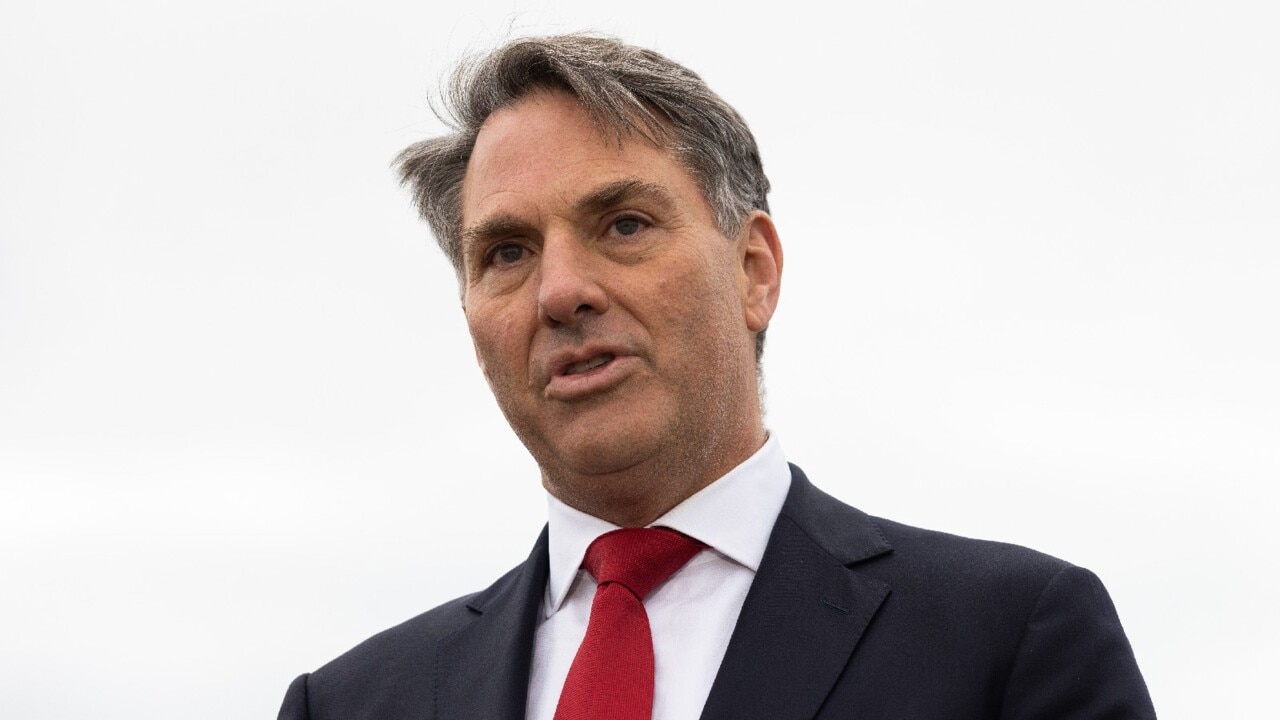
Mr Marles said the guided weapons commitment was “hugely significant”, ensuring US demand would help underpin Australia’s nascent missiles industry. “What we’re seeing is a commitment to do this in a collective way,” he said.
“This is really important for the industrial bases of both our countries.”
The two are understood to have discussed China’s new policing partnership with Solomon Islands and growing criticism of Australia and the US by the country’s Prime Minister, Manasseh Sogavare.
China’s increasing support for the tiny Pacific nation of Kiribati was also on the agenda.
Mr Austin, who travelled to Australia via Papua New Guinea, said ahead of the meeting that both the US and Australia were concerned by China’s flouting of international laws and norms across the region.
“You see troubling PRC coercion from the East China Sea to the South China Sea, to right here in the southwest Pacific,” he said.
“And we will continue to support our allies and partners as they defend themselves from bullying behaviour.”
In a separate bilateral meeting ahead of Saturday’s AUSMIN talks, Foreign Minister Penny Wong met with her US counterpart, Secretary of State Antony Blinken.
They focused on arrangements for the Prime Minister’s official state visit to the US later this year, which is likely to coincide with the November’s APEC Summit in San Francisco.
Earlier in Washington, 23 Republicans sent a letter to the White House threatening to withhold support for the planned transfer of three to five Virginia-class submarines to Australia unless the Biden administration lifted production of the nuclear-powered boats from 1.2 to “a minimum of 2.5” a year.
“The administration’s current plan requires the transfer of three US Virginia-class attack submarines to Australia from the existing US submarine fleet without a clear plan for replacing these submarines,” the letter, signed by influential Republicans including Ted Cruz and Susan Collins, said.
“This plan, if implemented without change, would unacceptably weaken the US fleet even as China seeks to expand its military power and influence.”
Mr Marles said he was not concerned over the congressional manoeuvring.
“What is clear is there is bipartisan support, both in the US and in Australia, for Australia becoming the seventh country in the world that can operate a nuclear-powered submarine,” he said.
Anthony Albanese, who joined the AUSMIN participants for lunch, said he was also “very confident” the AUKUS pact was on track after discussions with Republicans and Democrats on the sidelines of the NATO summit in Lithuania this month.
“What struck me was their unanimous support for AUKUS; their unanimous support for the relationship between Australia and the US. It has never been stronger,” the Prime Minister said.
He said Saturday’s meeting – the first AUSMIN in Australia since 2019 – was vital to the nations’ joint efforts to preserve the rules-based order in the Indo-Pacific.
“It comes at a time of strategic competition in our region. Australia and the US are working together to promote security, stability and prosperity in our region,” Mr Albanese said.
Senator Wong said the AUSMIN talks would strengthen Australia-US co-operation to support Pacific nations, as well as focusing on climate change – the alliance’s new “third pillar”.
“It’s very important to us, making sure we can work together to accelerate the transition of countries in the region, and ourselves, to clean energy,” she told the ABC.
Following the AUSMIN talks, Mr Austin will join Mr Marles in north Queensland at Exercise Talisman Sabre, where some 16,000 US personnel are participating alongside troops from Australia and from 11 other nations.
The Albanese government hopes to begin manufacturing guided missiles in Australia within two years but progress so far has been slow on the initiative, which had been announced by the Morrison Coalition government more than two years ago.



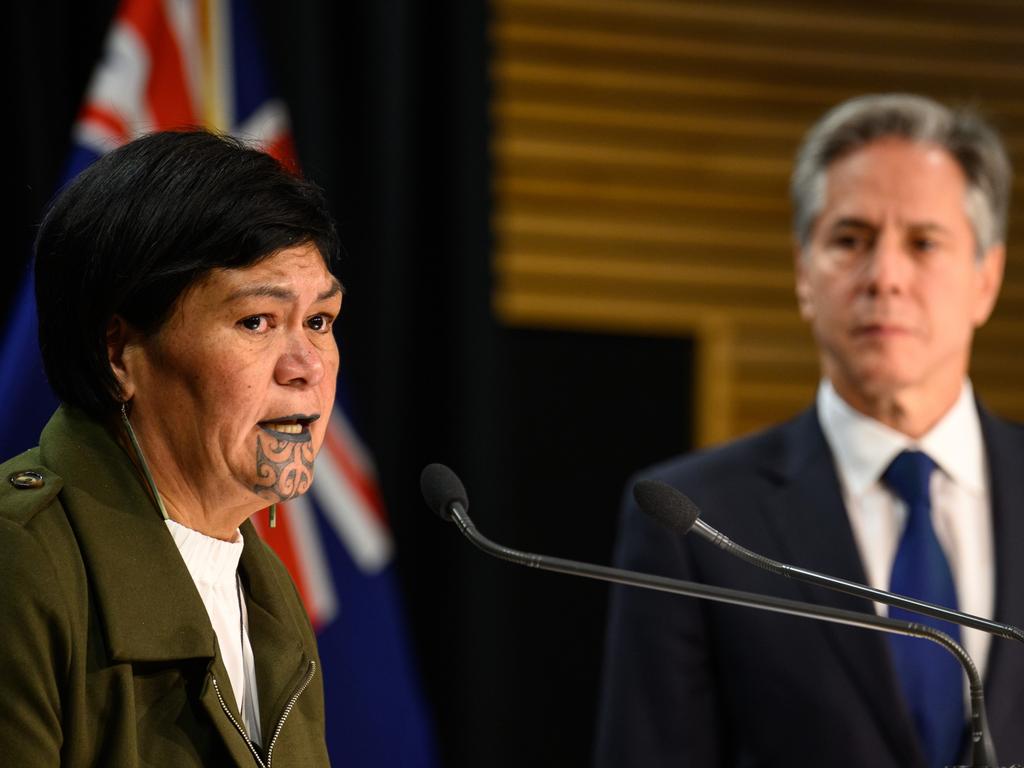
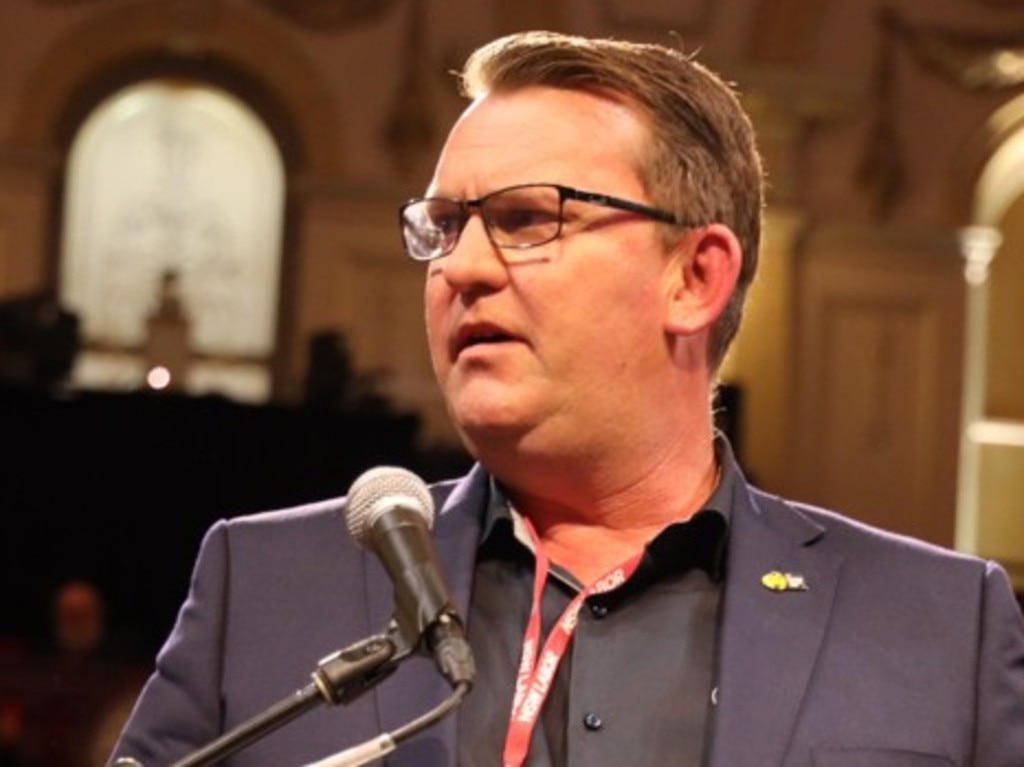
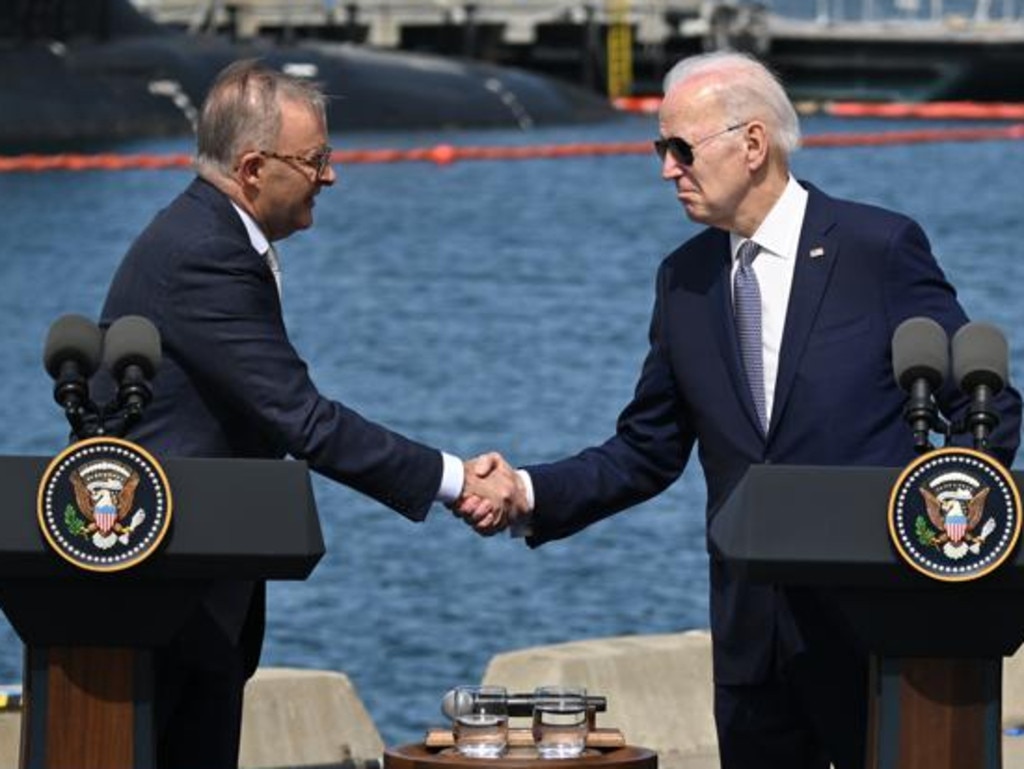


To join the conversation, please log in. Don't have an account? Register
Join the conversation, you are commenting as Logout